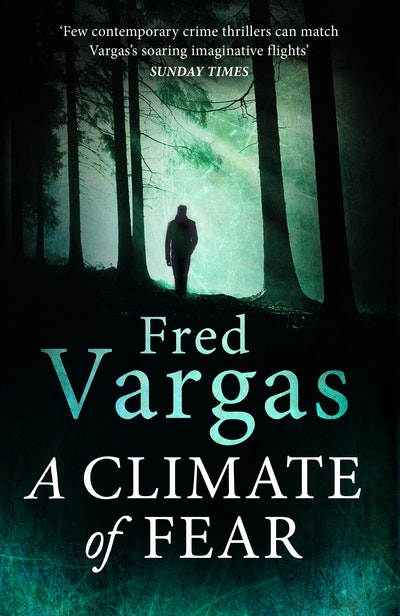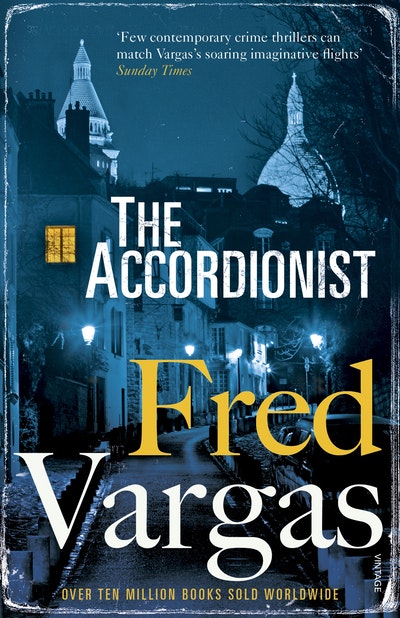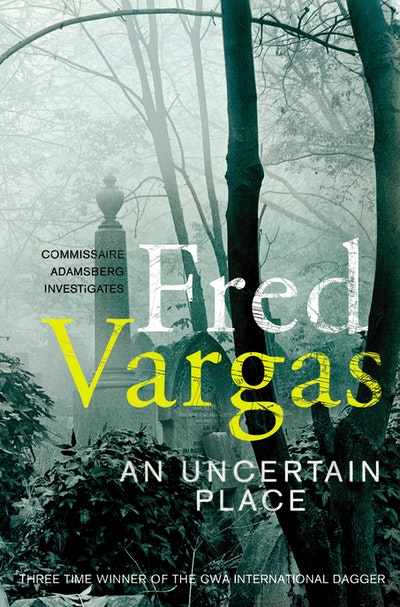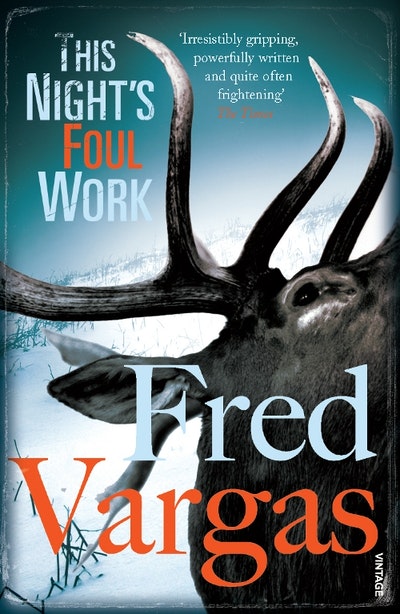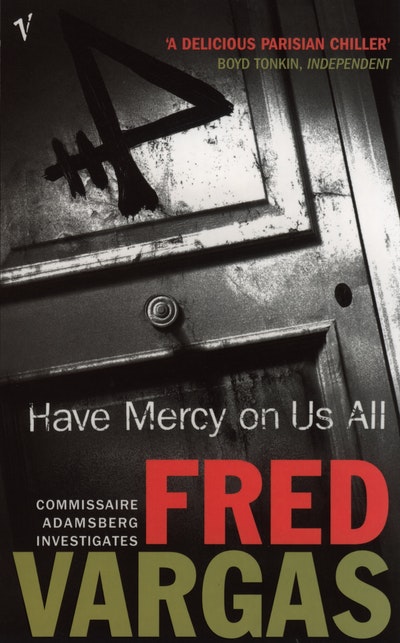[]
Play sample
- Published: 7 March 2013
- ISBN: 9781448178759
- Imprint: RH AudioGo
- Format: Audio Download
- Length: 12 hr 3 min
- Narrator: David Rintoul
The Ghost Riders of Ordebec
A Commissaire Adamsberg novel
Formats & editions
Buy from…
- Published: 7 March 2013
- ISBN: 9781448178759
- Imprint: RH AudioGo
- Format: Audio Download
- Length: 12 hr 3 min
- Narrator: David Rintoul
This latest outing for the offbeat Commissaire Adamsberg is [Vargas'] best
Independent
After decades in which crime fiction in French was dominated by the Belgian author Georges Simenon, it has an indisputable new star in Fred Vargas
Joan Smith, Sunday Times
Vargas depicts brilliantly a rural community riven with superstition, where class distinctions have existed for centuries
The Times





